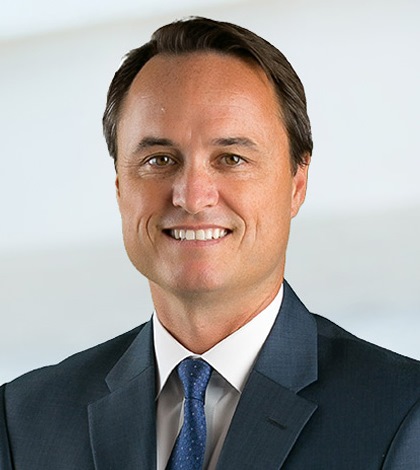Article By L.K Edwards
Like many retailers throughout the country, third-generation jewelry store owner John Silverman wanted to offer his customers the ability to finance large purchases with zero interest.
Using a credit program prescribed by Wells Fargo – one still used by countless retail businesses around the country – Silverman followed the bank’s guidelines to the letter in advertising the program.
By following instructions provided by Wells Fargo, it became clear that Wells Fargo was instructing retailers to increase retail selling prices by building into the price, a finance charge that customers would unknowingly pay to Wells Fargo.
After much research, Silverman determined that the hidden finance charges were illegal. He is currently pursuing a federal lawsuit against Wells Fargo with the goal of stopping the fraudulent lending program and getting compensation for himself and other retail business owners who have been harmed.
Silverman also contends he and other retailers who used the program overpaid sales taxes to state governments due to the hidden finance charges.
The class action lawsuit recently filed in San Francisco federal court estimates that more than 5,000 retailers have used the Wells Fargo program to sell all kinds of products including hardware, appliances, mattresses and furniture.
Wells Fargo operates a number of similar credit programs under various names, including “Wells Fargo Jewelry Advantage Program,” “Wells Fargo Automotive Advantage,” “Wells Fargo Health Advantage,” Wells Fargo Home Furnishings” and “Wells Fargo Home Projects,” according to the lawsuit.
The lawsuit offered an example of what a typical purchase would look like: A customer would finance a $3,000 ring and pay no interest for 60 months. Wells Fargo would pay the retailer for the ring at a 22.5% discount, in exchange for providing the credit. Because customers could also get a 22.5% discount if they paid cash, resulting in a price of $2,325, the difference of $675 amounted to an undisclosed finance charge.
Next came the sales taxes, which were incorporated into the total amount that Wells Fargo financed. In the example, where the sales tax was 8 percent, Wells Fargo charged the customer $3,000 plus 8 percent, for a total of $3,240.
The bank would withhold 22.5 % (or $729) as their hidden finance charge and the retailer would receive $2,511. As a result, the retailer was obligated to pay the $240 in sales tax to the government, but only received $186 from the bank – a difference of $54. The retailer was out this money.
In reality, since finance charges are exempt from sales taxes, the tax should have been collected and paid based on the cash price of $2,325, not $3,000.
The suit alleges violations of the Truth In Lending Act and the California Unfair Competition Law, designed to protect consumers from misleading advertising.
Silverman said he and other retailers relied on the bank’s expertise in financing law in offering the program to their customers.
“Retailers don’t have a clue – they’re totally relying on Wells Fargo – it’s Wells Fargo’s business and they tell you what to do,” he said.
Under the bank’s program, retailers were prohibited from disclosing to anyone Wells Fargo’s pricing or the terms of their dealer agreement with the bank. This resulted in illegal pricing that included hidden finance charges.
Silverman’s attorney, Scot Wilson of Robinson Calcagnie in Newport Beach, said the bank cleverly knew how to make the program appear legitimate when selling it to retailers.
Wells Fargo did not respond to a request for comment and has not yet filed a formal response to the lawsuit. Silverman said he brought the matter to the attention of top bank officials, including board members, but was ignored.
“For retail business owners, your reputation in the community is everything,” Wilson said. “You can’t afford the risk of having an illegal program like this.”
Wilson said he wants to help other retail business owners throughout California and the country who may also have been duped by the program. He can be reached at 949-720-1288 or swilson@robinsonfirm.com.
“We want to hear about the experience of various retailers,” Wilson said. “We want to get them back the money they’ve lost.”
Small businesses and their customers are unlikely to get justice individually against a company like Wells Fargo, the fourth largest U.S. bank, he said. But if certified as a class action, the lawsuit has the potential to not only bring an end to the deceptive program but also compensate the retailers what they lost.
“What we foremost want to do is stop this practice so more consumers and more small businesses aren’t harmed,” Wilson said. “Unless people stand up and tell their story, this practice probably doesn’t stop.”
The legal team includes Scot Wilson with Robinson Calcagnie Inc., Walt Roper with The Roper Firm, P.C. and Matthew Berliner with Fortis LLP.
Related story: Reuters
L.K. Edwards is a freelance writer in Northern California who writes about legal issues.
 IE Business Daily Business news for the Inland Empire.
IE Business Daily Business news for the Inland Empire.


